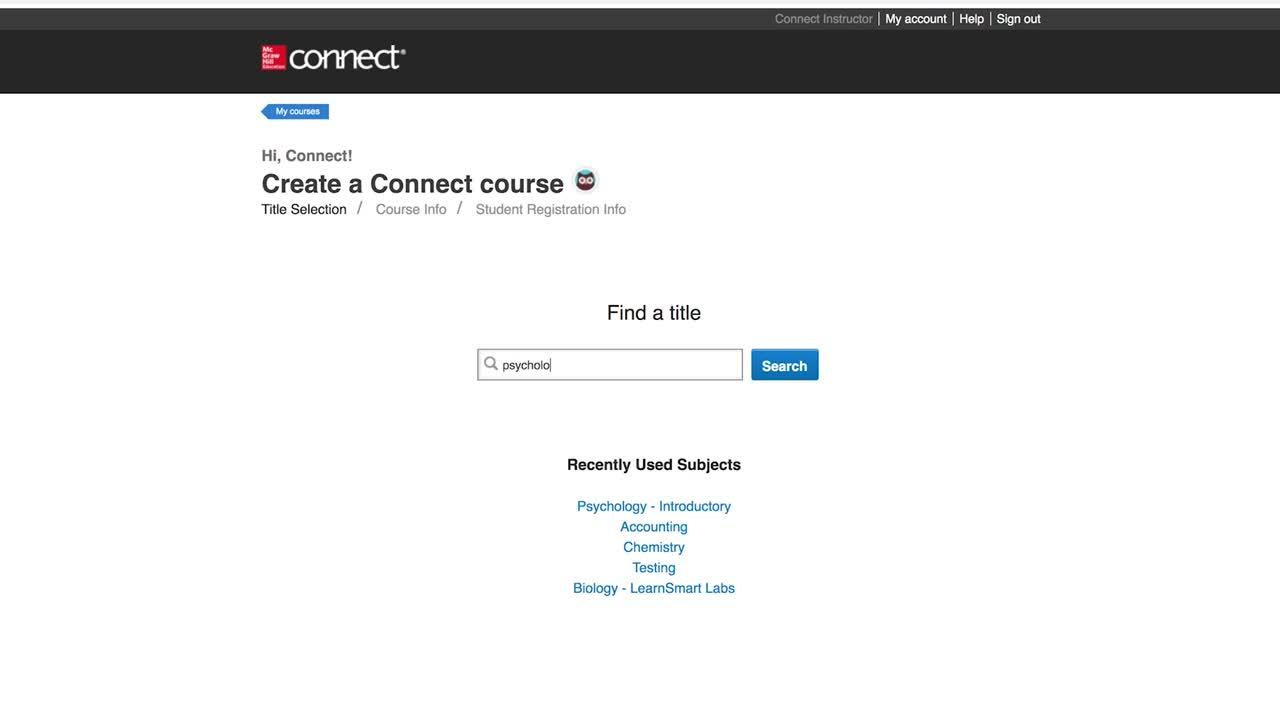Criminal Investigation 11th Edition Textbook Swanson Chapter 1
Affordability
Connect
By prompting students to engage with key concepts, while continually adapting to their individual needs, Connect activates learning and empowers students to take control resulting in better grades and increased retention rates. Proven online content integrates seamlessly with our adaptive technology, and helps build student confidence outside of the classroom.
Learn More
SmartBook
Available within Connect, SmartBook actively tailors content to the individual student- The more a student interacts with SmartBook, the better it gets to know what they know and what they don't know, helping students to maximize study time. By providing students with a safe place to make mistakes, showing them the areas they need to work on most, and by giving them consistent, personalized feedback at the exact moment they need it, SmartBook helps them to bridge their knowledge gaps and come to class prepared.
Learn More
How to Access Instructor Tools for your Course

Your text has great instructor tools – like presentation slides, instructor manuals, test banks and more. Follow the steps below to access your instructor resources or watch the step-by-step video.
- To get started, you'll need to visit connect.mheducation.com to sign in. (If you do not have an account, you'll need to request one from your MH rep. To find your rep – visit the Find Your Rep page).
- Then, under "Find a Title," you'll search by title, author or subject.
- Select your desired title and create a course. (Note – you do not have to create assignments, just a course instance)
- Then go to your Connect course homepage.
- In the top navigation, select library to access the instructor resources that accompany the title.
Accessibility Rubric
Creating accessible products is a priority for McGraw-Hill. We have put in place processes to make accessibility and meeting the WCAG AA guidelines part of our day-to-day development efforts and product roadmaps.
Please review our accessibility information for this specific product.
In future editions, this rubric will be reformatted to increase accessibility and usability.
McGraw-Hill sites may contain links to websites owned and operated by third parties. These links are provided as supplementary materials, and for learners' information and convenience only. McGraw-Hill has no control over and is not responsible for the content or accessibility of any linked website.
For further information on McGraw‐Hill and Accessibility, please visit our accessibility page or contact us at accessibility@mheducation.com
Criminal Investigation 11th Edition Textbook Swanson Chapter 1
Source: https://www.mheducation.com/highered/product/criminal-investigation-swanson-chamelin/M9780078026577.html